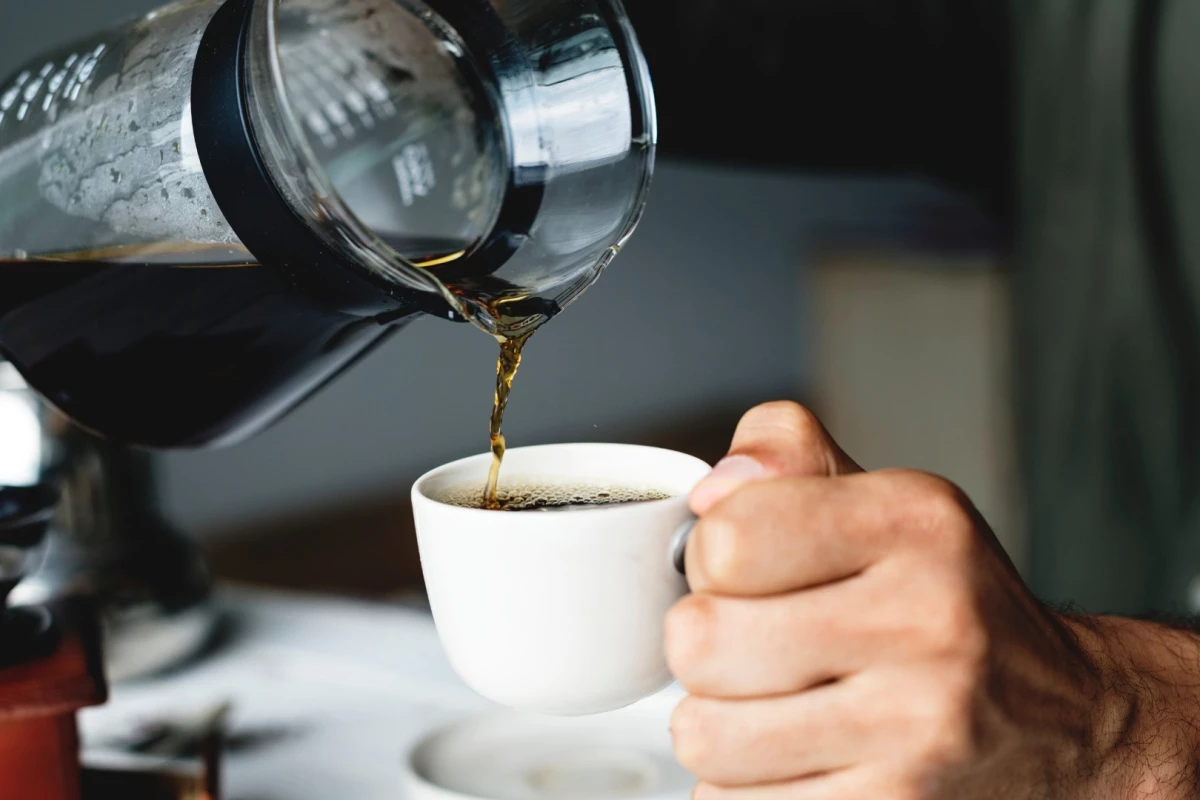Adding fuel, or removing it – depending on your position – to the bonfire of endless debates surrounding the health risks of coffee comes the latest large study. This time, researchers looked at data from over 300,000 people for possible links between coffee and cancer, and found it neither gave, nor prevented cancer. It's just a tasty beverage after all then.
Many of us think the coffee debate is over and done with – or at least done to death – but science never rests on its laurels and there are always researchers who think they can do things a little better. And that's how it should be. While The World Health Organization took coffee off its list of possible carcinogens back in 2016, the studies and debates have continued. Since then we've seen studies that suggest coffee can reduce our risk of prostate cancer and early death, and we've seen campaigns insisting coffee cups should carry cancer warnings.
So, while the "coffee causes/prevents cancer" argument continues to attract many a loyal foot soldier to either camp (just take a peek at social media), we have a new study for the ambivalent, relaxed, middle-ground cohort, who just want to enjoy their coffee in peace, and don't need it to be a cure-all.

The study by a team from QIMR Berghofer Medical Research Institute in Queensland, Australia, took a two-pronged approach to question of coffee and cancer risk. The team looked at data from people with different levels of self-reported coffee consumption, and data from people with a genetic predisposition towards coffee consumption. The cancer rates for the two cohorts – totaling over 300,000 people – were then compared. The results showed drinking coffee every day – regardless of quantity – neither reduced nor increased the risk of developing any cancer. Furthermore, the study also ruled out any link between coffee intake and dying from the disease.
The strength of a study – and its ability to stand its ground against detractors – often rests on the study design chosen. The one chosen by the QIMR team is known as Mendelian randomization (MR), which allows researchers to incorporate genetic information into traditional epidemiology methods. MR is noted for its strong control for factors such as reverse causation and confounding, which are common criticisms of epidemiological studies, and it's the same study design used to identify the links between smoking and lung cancer. That being said, while epidemiological methods are improving all the time, their primary purpose is one of testing or generating a hypothesis, not one of proof. The statistician's mantra of "correlation does not imply causation" is always at the back of a good epidemiologist's mind.

The QIMR Berghofer team used data from the UK Biobank cohort of over 46,000 people diagnosed with the most invasive cancers, and around 7,000 who had died of their cancers. The team the took the genetic data and coffee preference data from this sample, and compared it to a sample of 270,000 people who had never been diagnosed with cancer. The study also looked into breast, ovarian, lung and prostate cancers and found similar results – no increase or decrease in rates of these cancers within the sample group.
"There was some inconclusive evidence about colorectal cancer, where those who reported drinking a lot of coffee had a slightly lower risk of developing cancer, but conversely examination of data from those people with a higher genetic predisposition to drink more coffee seemed to indicate a greater risk of developing the disease," says lead researcher, Jue-Sheng Ong. "The disparity in those findings would suggest more research is needed to clarify if there is any relationship between colorectal cancer and coffee."
So the takeaway from all this is that drinking less coffee – or drinking more – probably isn't a particularly effective step if your desire is to protect yourself from cancer on the whole. That is, until the next study comes along.
The study is available to view via the International Journal of Epidemiology.
Source: QIMR Berghofer





